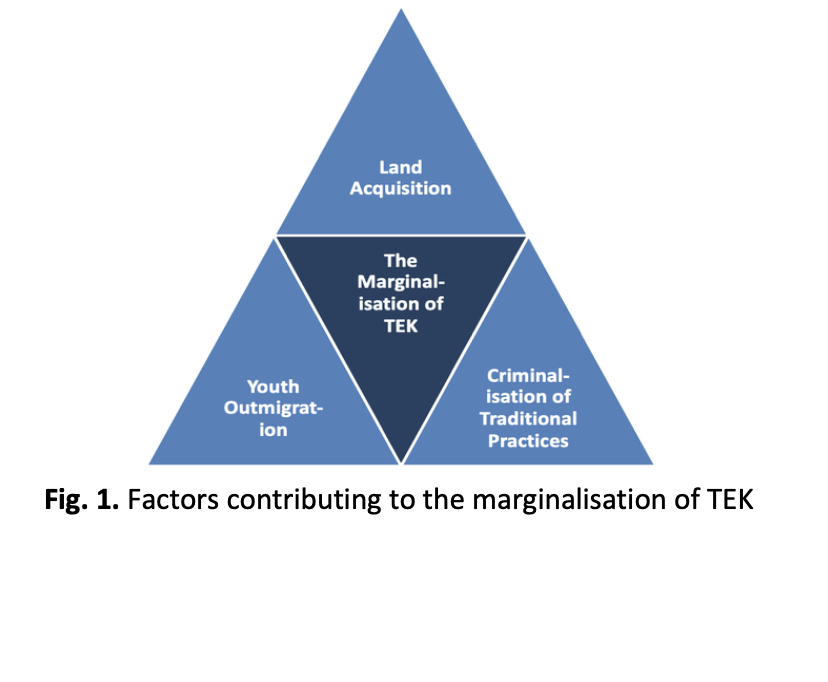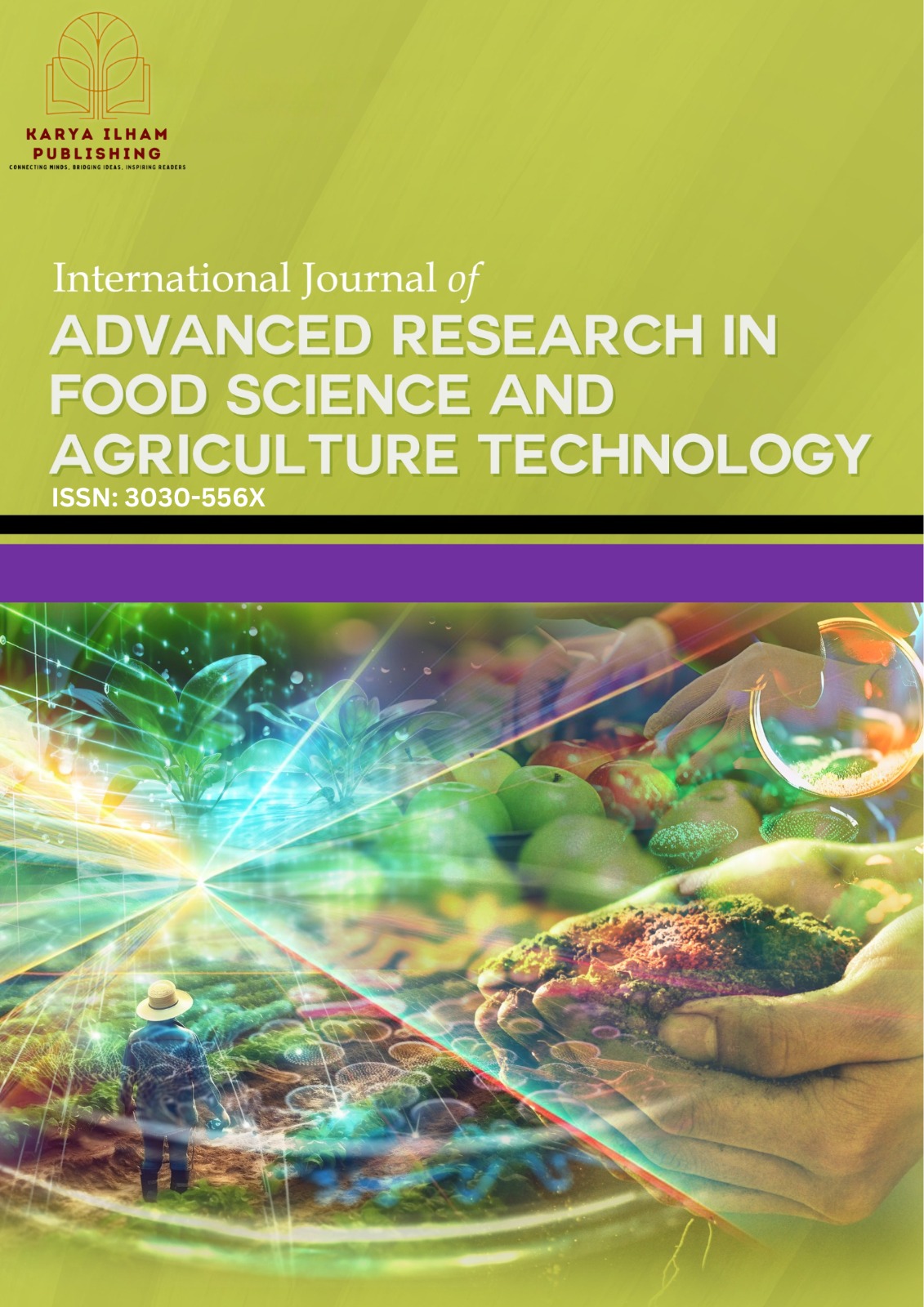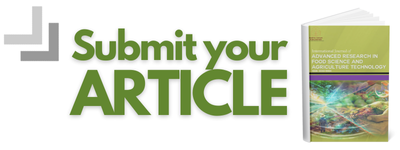Hybrid Agroecology Model: Indigenous Knowledge Innovation for Sustainable Food Security in Sabah
DOI:
https://doi.org/10.37934/fsat.5.1.7687Keywords:
Hybrid agroecology model, indigenous knowledge, community innovation, environmental change, sustainable food securityAbstract
Food security among Indigenous communities in Sabah is increasingly under strain due to agrarian reforms, environmental change, and governance challenges that undermine local agroecological systems. While past discussions have highlighted issues of resource dispossession and policy impacts, little attention has been given to how Indigenous knowledge is reorganised and adapted to address these pressures. This study aims to develop a Hybrid Agroecology Model that integrates Indigenous ecological knowledge with modern scientific practices to strengthen food security in Sabah. By focusing on how these two knowledge systems can be combined, the research explores pathways for enhancing productivity, ecological resilience, and cultural continuity within Indigenous farming communities. The study employed a qualitative research design in Telupid, Sabah, using interviews, observations, and focus group discussion to capture the perspectives of farmers and local leaders. Data were analysed to identify practices, values, and innovations that contribute to sustaining food systems under changing socio-ecological conditions. Findings from this research reveal that the hybrid model helps communities improve agricultural output while preserving ecological stability. It also highlights the role of Indigenous knowledge in preserving cultural values, reinforcing social networks, and reducing reliance on external markets. Importantly, the integration of scientific innovations supports adaptive strategies that help communities respond more effectively to environmental and economic pressures. In conclusion, the Hybrid Agroecology Model shows potential as a framework that balances local knowledge and scientific approaches, ensuring that Indigenous communities in Sabah can secure their food systems in a sustainable and culturally meaningful way. The study provides practical insights for strengthening food security through approaches that are both resilient and socially inclusive.














